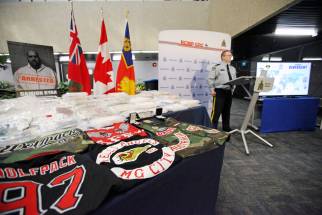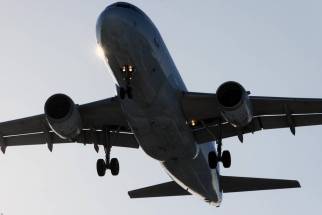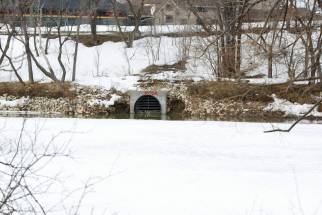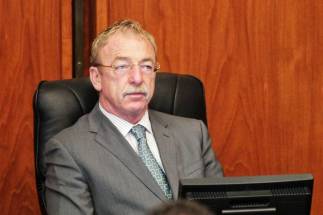Ticket? passport? Check; COVID rules? Double-check Travellers urged to do their research as rules and risk change
Read this article for free:
or
Already have an account? Log in here »
To continue reading, please subscribe:
Monthly Digital Subscription
$0 for the first 4 weeks*
- Enjoy unlimited reading on winnipegfreepress.com
- Read the E-Edition, our digital replica newspaper
- Access News Break, our award-winning app
- Play interactive puzzles
*No charge for 4 weeks then price increases to the regular rate of $19.00 plus GST every four weeks. Offer available to new and qualified returning subscribers only. Cancel any time.
Monthly Digital Subscription
$4.75/week*
- Enjoy unlimited reading on winnipegfreepress.com
- Read the E-Edition, our digital replica newspaper
- Access News Break, our award-winning app
- Play interactive puzzles
*Billed as $19 plus GST every four weeks. Cancel any time.
To continue reading, please subscribe:
Add Free Press access to your Brandon Sun subscription for only an additional
$1 for the first 4 weeks*
*Your next subscription payment will increase by $1.00 and you will be charged $16.99 plus GST for four weeks. After four weeks, your payment will increase to $23.99 plus GST every four weeks.
Read unlimited articles for free today:
or
Already have an account? Log in here »
Hey there, time traveller!
This article was published 29/03/2022 (1351 days ago), so information in it may no longer be current.
As more Manitobans book vacations amid the loosening of federal travel rules, they’re being urged to carefully plan ahead and keep their guards up against COVID-19.
Cindy Gaudet, owner of Fareconnect Travel & Cruise Centre in St. Vital, said there is plenty of room for confusion, as rules vary by country and can change if cases escalate.
For those who haven’t been on a plane during the pandemic, travel has changed a lot in the last two years.
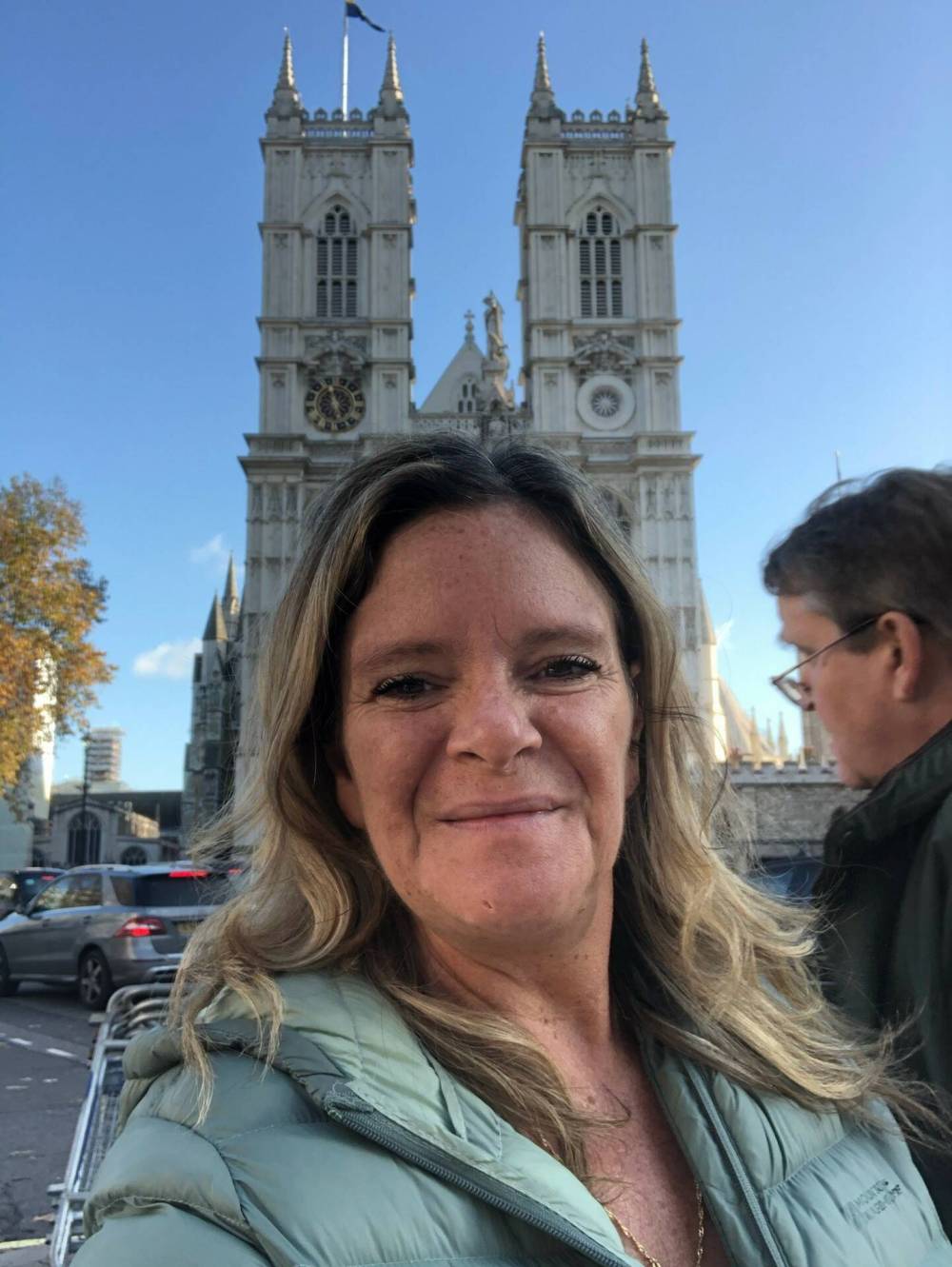
“We have a checklist that we go through with our clients for leaving (Canada) and coming home,” said Gaudet. “There’s a lot to comprehend now.”
As of Friday, fully vaccinated travellers will no longer need to show a negative test to enter Canada by land, air or water, but they will still have to upload their details, including proof of vaccination, to the ArriveCAN app.
Travellers 12 years or older still require two doses of an approved vaccine to board a plane, train or cruise ship within Canada. There are limited exemptions for the unvaccinated.
Fully vaccinated people and unvaccinated children under 12 who are returning from abroad must wear a face mask in all public settings for 14 days.
Canadian travel companies have seen an increase in bookings since the changes were announced March 17 amid a decline in coronavirus cases and rising vaccination rates.
However, there are some potential pitfalls for travellers.
Manitobans who are planning a trip should assess the COVID situation at the destination before booking and be prepared for it or rules to change before they depart, travel agents told the Free Press.
When doing their research, Manitobans should be aware of country-specific entry requirements or restrictions, what is and isn’t covered by travel insurance, and COVID-related cancellation policies.
When doing their research, Manitobans should be aware of country-specific entry requirements or restrictions, what is and isn’t covered by travel insurance, and COVID-related cancellation policies.
Travellers who have a stopover in a foreign country might have to undergo testing or meet other requirements, Gaudet said.
The U.S., for example, requires all air passengers aged two years and older to show a negative viral test result taken no more than one day before travel if they’re flying in from a foreign country. People who’ve recovered from COVID in the past 90 days can show proof to avoid taking a test.
Wendy Paradis, president of the Association of Canadian Travel Agencies, said people need to be patient because travelling in COVID times can be “quite complex.”
“Don’t assume what’s happening in Canada is happening at your potential destination. Things can change very quickly, and you need to keep on top of it.” – Wendy Paradis
“Don’t assume what’s happening in Canada is happening at your potential destination,” she said. “Things can change very quickly, and you need to keep on top of it.”
In Canada, the federal government eliminated the requirement for a pre-arrival PCR test on Feb. 28, and on Friday it will get rid of mandatory pre-entry rapid antigen tests.
Some fully vaccinated travellers might be selected for random PCR testing when they arrive in Canada.
The rules for unvaccinated or partially vaccinated people haven’t changed. They will be tested on arrival and eight days later, and be required to quarantine for 14 days.
Many airlines or airports still require passengers to wear masks.
Travellers still have to enter their details into the ArriveCAN app and show a receipt to a Canada Border Services Agency agent when they enter the country.
People who fail to do that will have to quarantine for 14 days, even if they’re fully vaccinated.
It happened to Winnipegger Debi Ellement, 65, when she and her husband, Mark, drove across the border in Emerson, as they returned from Arizona on March 11.

Ellement said she uploaded her husband’s details the night before they arrived at the border, but she wasn’t able to enter her own details and doesn’t know if there was a glitch or she did something wrong.
She said she couldn’t get any help via the app, but because she had all of her documents, including proof of vaccination and a negative PCR test, she thought there wouldn’t be an issue at the border.
A border agent told her she’d have to return to the U.S. or self-isolate at home for two weeks and take two rapid tests.
Ellement said the officer told her he couldn’t help her with the app.
“They felt I was a threat to Canada and I was sent on my way,” said Ellement, who encourages people to be careful when they enter their information into the app.
In an email, a spokeswoman said the federal border agency does not comment on specific cases.
“They felt I was a threat to Canada and I was sent on my way.” – Debi Ellement
Officers “do not have discretion or authority” to override federal laws or exempt travellers from quarantine “based on an assumed level of risk” or other factors, the spokeswoman said.
Officers can allow a land traveller to return to the U.S. to fill out and submit their ArriveCAN information before returning to the border, or they can allow a traveller to complete their submission at a port of entry, she said.
University of Manitoba virologist Dr. Jason Kindrachuk said it’s difficult to predict if or how an increase in travel could affect the province’s COVID situation.
Beyond being fully vaccinated, travellers can minimize their risk by wearing a mask in indoor public places, socially distancing and washing their hands regularly, he said.
University of Saskatchewan epidemiologist Dr. Nazeem Muhajarine said people travelling within Canada or abroad should be cautious, especially if they are visiting places where there’s a resurgence of the virus.
“We know the virus hasn’t disappeared,” he said. “It is still prudent to monitor your health and for symptoms.”
chris.kitching@freepress.mb.ca
Twitter: @chriskitching
As a general assignment reporter, Chris covers a little bit of everything for the Free Press.
Our newsroom depends on a growing audience of readers to power our journalism. If you are not a paid reader, please consider becoming a subscriber.
Our newsroom depends on its audience of readers to power our journalism. Thank you for your support.
History
Updated on Wednesday, March 30, 2022 11:33 AM CDT: Adds title to Dr. Nazeem Muhajarine's name


